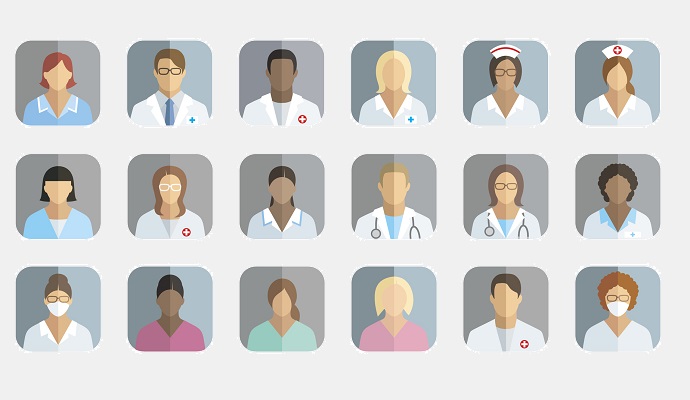Physician Compensation Increased for Just 37% of Docs in 2017
Physician compensation stagnated between 2016 and 2017, prompting more physicians to seek out recruiters, a new survey showed.

Source: Thinkstock
- Average annual physician compensation for most specialties remained relatively flat from 2016 to 2017, leading to mediocre income satisfaction rates among physicians, the second annual PracticeMatch survey uncovered.
Only 37 percent of the 1,218 physicians surveyed reported earning more in 2017 than they did in 2016.
“Compensation is always a key driving factor for physicians when deciding on a practice opportunity. Therefore, it’s vital for employers to offer an attractive physician compensation package in today’s highly competitive physician recruiting environment,” stated Mike York, PracticeMatch’s CEO.
The survey’s findings show that physician compensation has been recently stagnating. In the first annual PracticeMatch survey, nearly 40 percent of doctors surveyed said they earned the same amount in 2016 compared to 2015.
Only about 39 percent saw their compensation rates increase in 2016, with most of these respondents seeing a boost between one and three percent.
Physicians across specialties are still experiencing a flattening of compensation, according to the most recent survey. Cardiologists, family medicine providers, and hospitalists saw relatively flat year-over-year growth in physician compensation, with their average annual income fluctuating within $2,000 in 2017.
The physicians reported the following average annual incomes for 2017:
- Cardiology: $366,241
- Family medicine: $211,923
- Hospitalists: $265,000
Pediatricians and pulmonary medicine providers reported a two percent boost in compensation, reaching an average annual income of $198,306 and $286,813, respectively.
Emergency medicine providers saw the largest physician compensation increase in 2017, the survey showed. The specialty experienced a five percent boost in average annual compensation between 2016 to 2017, and emergency medicine physicians reported an average annual income of $306,389.
The only other specialty reporting a competitive salary rate was psychiatry. Psychiatrists responding to the PracticeMatch survey reported an average annual income of $253,820, which researchers considered competitive by industry benchmarks.
Physicians were not overwhelmingly satisfied with their compensation in 2017. While stagnating salaries may not have helped satisfaction rates, student loan balances may also have been to blame.
Nearly one-third of respondents (30 percent) said they had an outstanding student loan balance in 2017. The percentage is comparable to last year’s survey, which found 29 percent of physicians had an outstanding school debt.
Despite a significant portion of physicians battling student loan debt, only about eight percent of respondents with outstanding debt reported receiving loan assistance in 2017.
The number of physicians receiving student loan assistance from their employers or other companies is significantly down compared to 2016. About one-third of physicians received student loan debt assistance the previous year.
The average amount of financial assistance provided to physicians with student loan debt was just $25,000 in 2017, the survey also revealed.
Flat physician compensation rates and growing student loan debt may have prompted more doctors to seek out a recruiter in 2017. A majority of respondents in the most recent PracticeMatch survey reported contacting a physician recruiter at least once in 2017.
Approximately 60 percent of respondents said they spoke with a physician recruiter at least once in 2017 versus just 44 percent of physicians in 2016.
Physicians may be more open to other employment opportunities in light of their compensation and benefits packages. But hospitals, practices, and other healthcare employers may be able to keep their physicians.
Over one-half of survey participants reported being “very” or “extremely” satisfied with their current position.
The survey finding brings “promising news especially considering nationwide physician shortages and physician burn-out and attrition rates reportedly increasing over recent years,” PracticeMatch stated.
Ensuring physician compensation and benefits packages remain competitive should help healthcare employers retain their physicians and prevent high turn-over rates.
